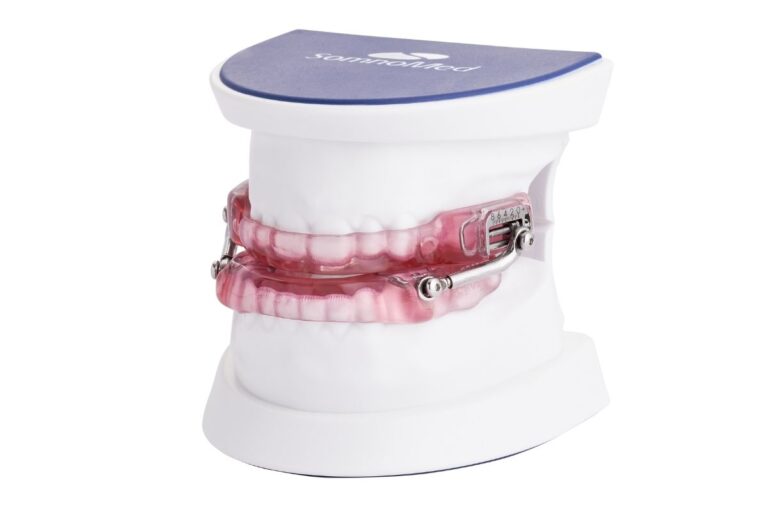I Hate My CPAP – Are There Other Options for Sleep Apnea Treatment?
I Hate My CPAP – Are There Other Options?
If you’ve been diagnosed with sleep apnea, your doctor may have prescribed a CPAP (Continuous Positive Airway Pressure) machine to keep your airway open during sleep. But what if you hate using it? You’re not alone—many people struggle with CPAP due to discomfort, air pressure issues, or mask leaks. The good news? There are alternative treatments that may be more comfortable and just as effective. Let’s explore your options.
Try a Different CPAP Mask or Adjust Your Pressure Settings
Before ditching your CPAP altogether, it’s worth troubleshooting common issues:
- Mask type matters: If your mask is uncomfortable, switching to a different style—such as nasal pillows, nasal masks, or full-face masks—may improve your experience.
- Adjusting air pressure: Some people find CPAP air pressure too high or too low. Your doctor can fine-tune the settings or try an auto-adjusting CPAP (APAP) for a more natural breathing experience.
Consider BiPAP Therapy – A More Comfortable Alternative
For those who struggle with CPAP due to pressure discomfort, BiPAP (Bilevel Positive Airway Pressure) might be a better fit. Unlike CPAP, which delivers a constant pressure, BiPAP provides:
- Lower pressure when you exhale for easier breathing
- Higher pressure when you inhale to keep your airway open
- More comfort for people with central sleep apnea or pressure intolerance
Oral Appliance Therapy – A CPAP-Free Solution
If you have mild to moderate obstructive sleep apnea (OSA) and can’t tolerate CPAP, Oral Appliance Therapy (OAT) could be a great alternative. These custom-fitted mouthpieces help keep your airway open by repositioning your jaw and tongue. Benefits include:
- Small, portable, and easy to travel with
- No mask, hose, or machine noise
- Comfortable and non-invasive
- No electricity needed
Inspire Implant – A CPAP Alternative Without a Mask
Inspire therapy is an FDA-approved surgical implant that works inside your body to treat sleep apnea. This small device stimulates your airway muscles to prevent collapse, allowing you to breathe normally. Key advantages:
- No mask or hose required
- Controlled with a remote
- FDA-approved for moderate to severe OSA patients who struggle with CPAP
Dual Therapy – Combining Treatments for Maximum Comfort
If CPAP or BiPAP alone feels overwhelming, dual therapy may be the answer. This approach combines two treatments to improve comfort and effectiveness. For example:
- Oral Appliance + CPAP: Using an oral appliance can reduce the air pressure needed on your CPAP, making it more tolerable.
- Inspire Therapy + PAP Therapy or OA: Some patients require a combination treatment with Inspire therapy to get their OSA in the controlled range.
Find the Right Sleep Apnea Treatment for You
If you’re struggling with CPAP, don’t give up on treating your sleep apnea. The right treatment exists—you just need to find what works best for you. At Comprehensive Sleep Care Center, our team specializes in personalized sleep apnea solutions, from CPAP adjustments to advanced alternative therapies. Schedule a consultation today to explore your options and get back to restful, healthy sleep.
Comprehensive Sleep Care Center is proud to serve patients at the following locations:

